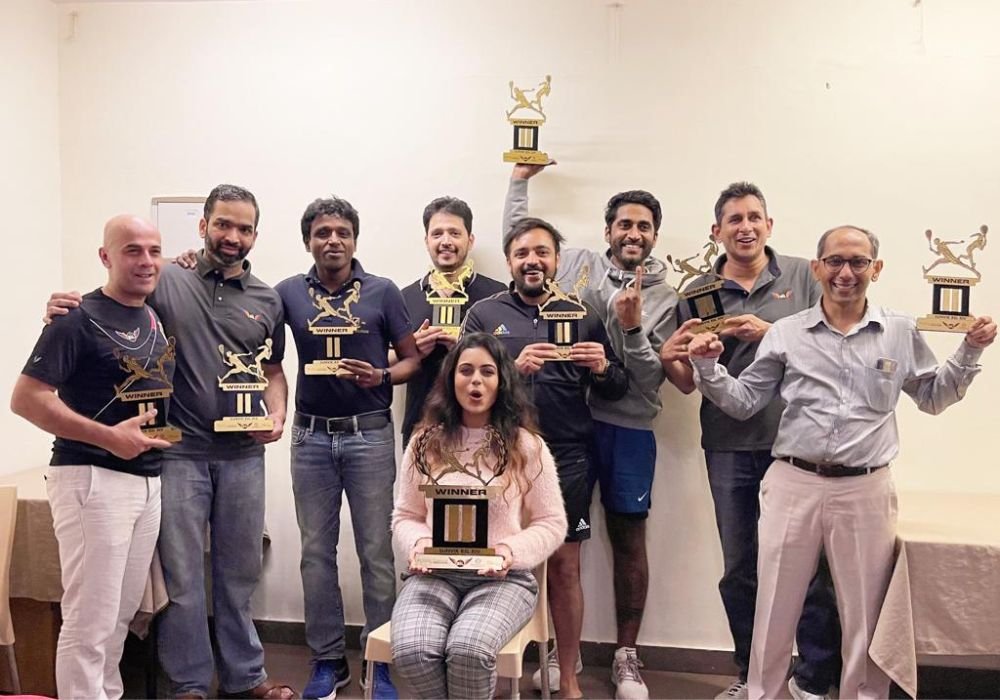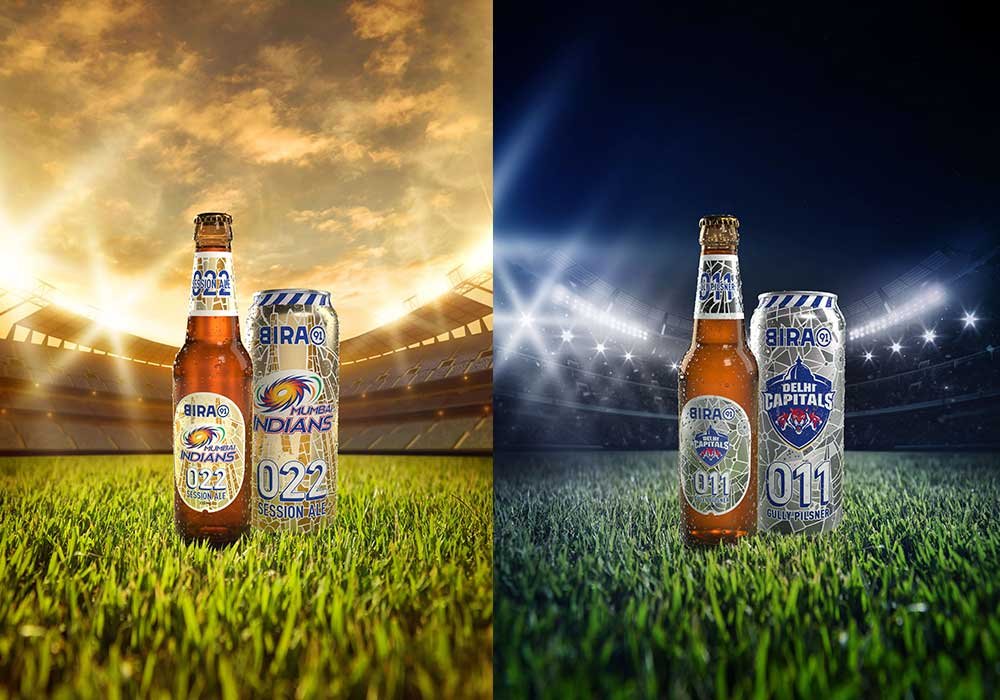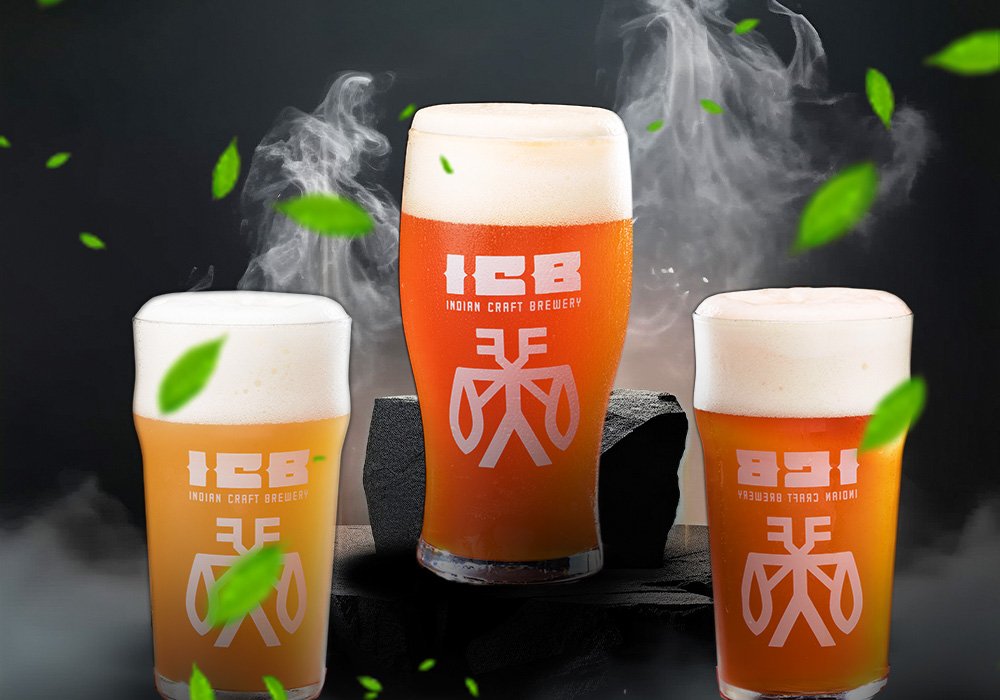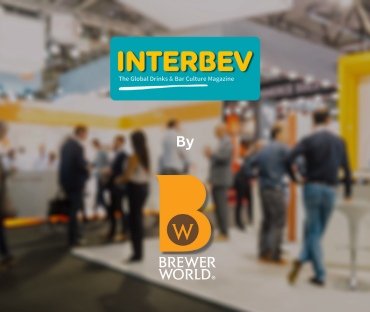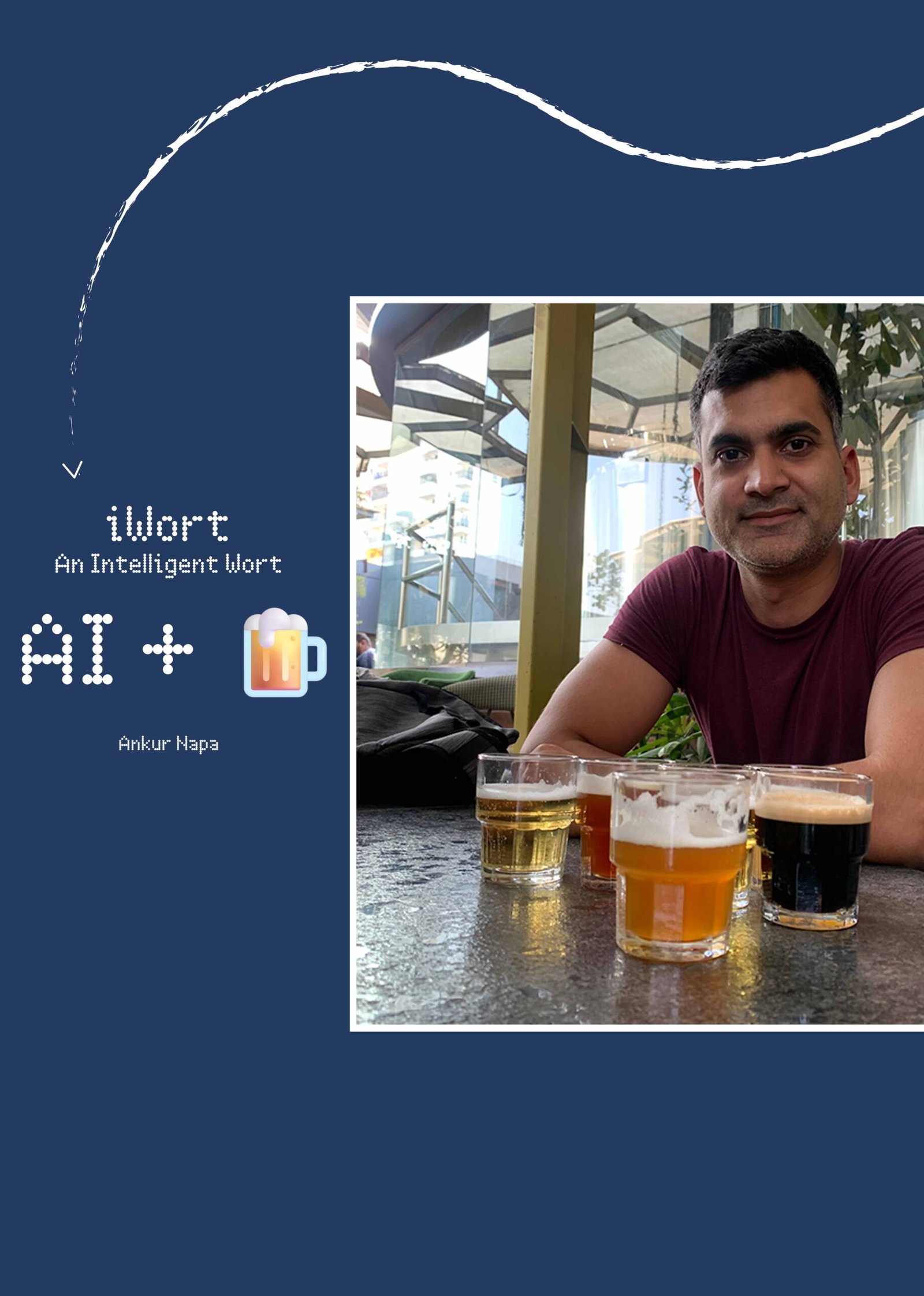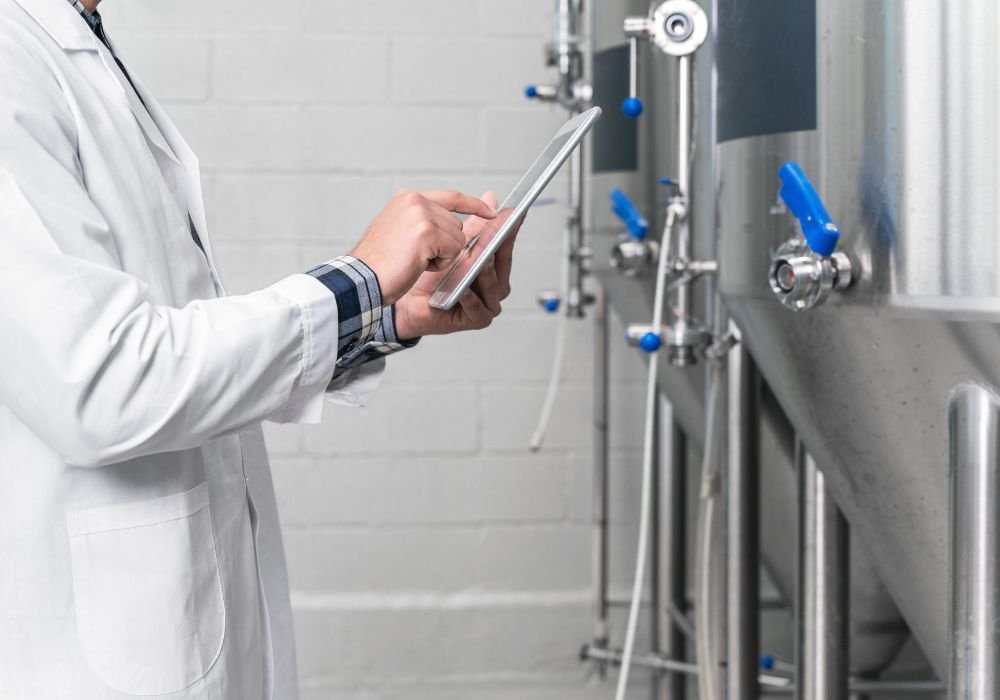
'Tis the season of celebration...and late nights of carousing. You’d think it ends at December, but in Germany, drinking at all hours - including during work, is totally normal. In fact, Germans even have a special word for “end of work” beer - they call it “Feierabendbier”.
How did this even happen?
[caption id="attachment_10461" align="aligncenter" width="1000"] Photograph by: Johannes Simon [/caption]
Photograph by: Johannes Simon [/caption]
First off, German history and culture is synonymous with beer, even though beer wasn’t technically invented in the country. Many believe that it was the enactment of the Beer Purity Law that ultimately popularised beer to a point where Germans created their own set of beer-drinking traditions that are religiously followed even today.
In simple layman terms, the Beer Purity Law, which is in effect even today, mandates that beer be made only from hops, barley and clean water. This ensures that the beer produced in Deutschland is of high quality and doesn’t have an adverse effect on health, provided it is consumed responsibly.
[caption id="attachment_10464" align="aligncenter" width="1000"] Image source: Bacon’s Beerography[/caption]
Image source: Bacon’s Beerography[/caption]
Second: To Germans, beer is a soft alcoholic drink, which can not only be consumed in public, but can also be safely had by individuals as young as 16 years (for those who don’t know, the legal drinking age for beer in Germany is 16 years and above). Hard spirits and liqueurs, on the other hand, can only be legally consumed if you’re over 18 years.
Not only that, Germany also has some very strict laws that regulate alcohol use and sale with a strong emphasis on youth protection. So while it’s perfectly okay for a 16-year old to be sipping on a can of beer, it is equally important that he is educated on how to drink reasonably and responsibly.
Given the background, it’s not surprising at all that it’s so normal for Germans to drink during office hours or even on their commute back home. Whether the rest of the world embraces the "Bring Your Own Beer to work" culture still remains to be seen.
